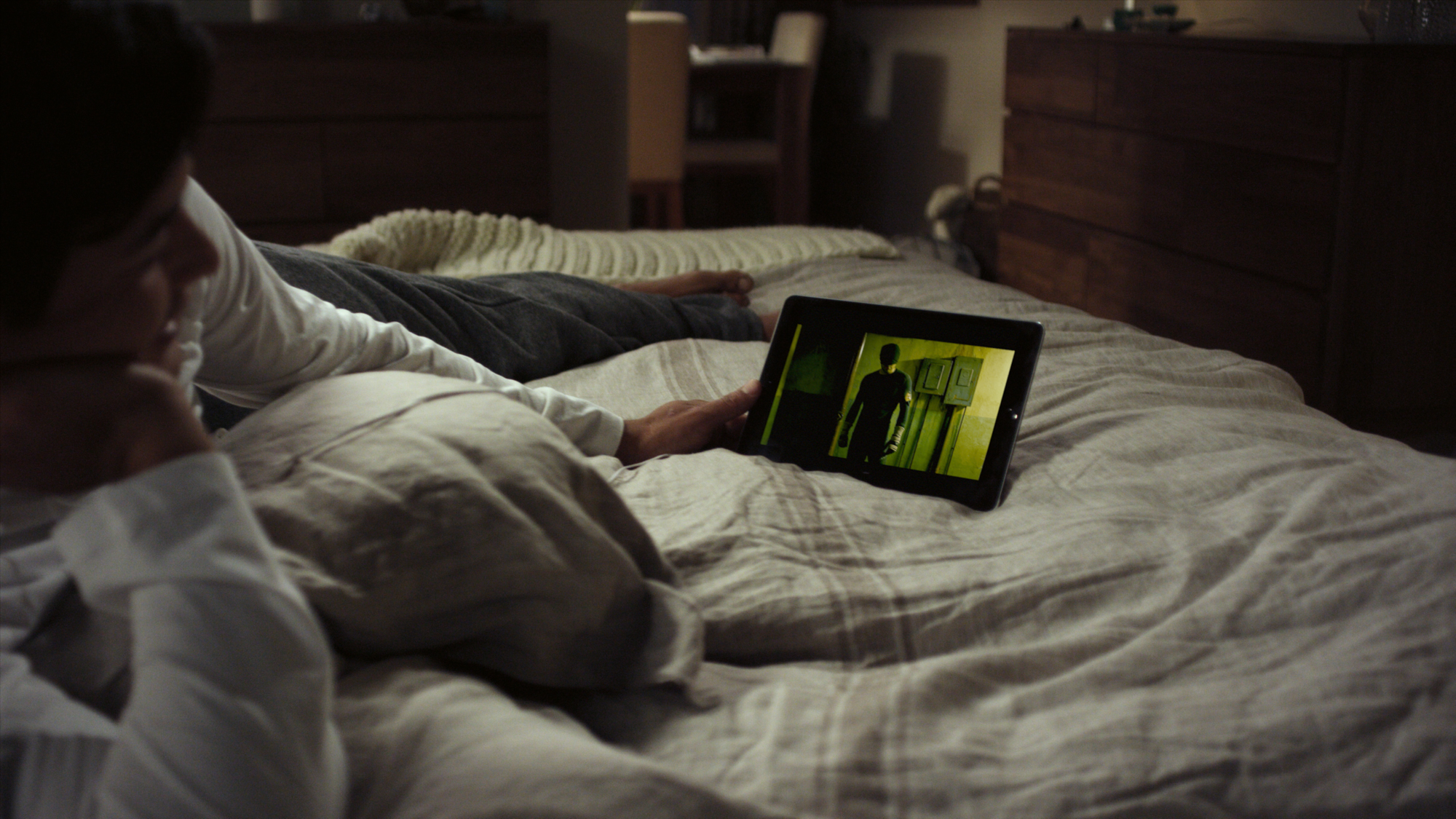Should I use a VPN at home?
You might use a VPN at work, and for good reasons – but are there compelling arguments for using one at home, too?

You might use one of the best VPNs at work – indeed, perhaps the organization you’re employed by insists that you use a VPN, given the extra security needed for business-critical files and precious company data.
In terms of personal usage, there are also strong arguments for the additional security a VPN can provide when you’re out and about using public Wi-Fi, but what about when you’re at home – is it still worth using a VPN then?
- So...what is a VPN and how does it work?
- Discover what you can do with the best Android VPN
- The best out there? Read our ExpressVPN review
Added security – does that matter?
As we already touched upon, one of the major reasons to use a VPN is that it sends your internet traffic down an encrypted tunnel, and so affords better security in terms of critical files and company data.
Of course, you likely don’t have any super-important data on your home PC, and so in truth, the only time you really want a VPN for security in terms of personal usage is when you’re connected to public Wi-Fi networks - say at the local coffee shop or on a train. These could potentially be unsecure networks with hidden dangers, so encrypting your data is therefore a good move.
Your home Wi-Fi network, however, is likely to be safe enough – providing you have a strong Wi-Fi password (you haven’t left it as the default on your router, have you?!). And indeed it isn’t (realistically) going to be a target for hackers anyway. That said, the additional security afforded by a VPN certainly won’t hurt, even on a home network – but this isn’t a compelling reason to get a VPN at home.
Browsing privacy
Using a VPN isn’t just about security, though – it also affords you a greater degree of privacy when you’re online. Remember that your browsing habits are visible to your ISP by default, and you can be tracked in all sorts of ways online by third-parties – although some folks might not care too much about that and some even like seeing adverts which are targeted to their possible needs and wants, based on browsing habits.
That said, certainly in the US, there has been an increase in VPN usage given the plentiful bad publicity that has been floating around since President Trump overturned the FCC’s privacy regulations a few years back, which gave ISPs free rein over their users’ browsing data, with no need to get any consent from said users.
More folks are becoming conscious of the need to take back their privacy online, and it’s certainly no bad thing to do so at home.

Dream streams
Perhaps the most compelling argument for having a VPN at home applies to those who use streaming services. The trick of being able to use a VPN server in a different country – which makes it appear as if you are actually a resident of that country – allows you to watch TV shows or other streaming content that you might not otherwise be able to access.
For example, if you’re in the UK and you want to watch Netflix US, you can. Just choose one of the best Netflix VPNs and then head to a server in New York and start watching.
Content providers like Netflix do try to block VPNs, so there’s no 100% guarantee – but most top VPNs can evade such blocking attempts. Similarly, US residents who want to watch services such as BBC iPlayer in the UK can do so.
Box set addicts worldwide certainly have plenty to gain from using a VPN for streaming content to their living room.
Shopping deals
Keen online shoppers might be interested to learn that it’s possible to use the above VPN server trick not just for streaming, but also for bargain-hunting. Sometimes prices will be different online depending on which region you appear to be from, and this can be particularly evident with things like flights or hotel bookings. Therefore frequent travelers could especially benefit from using a VPN at home in this respect.
Appearing to be from a different country can also have advantages in certain other scenarios, such as gamers who want to play on a different regional server in an online game (maybe they’re in the US, but want to play with European friends in a guild, for instance, therefore they want the EU server).
Should I use a VPN at home?
If you’re keen on streaming content and watching shows which aren’t available in your country of residence, that could be enough reason to get a VPN in itself. As we’ve seen, VPNs can also be useful for online shopping, or even gaming in some cases – and some home users may value the increased level of privacy a VPN provides.
If you’re thinking of taking the plunge, don’t forget that many of the best providers offer a trial or money-back guarantee (usually 30-days, possibly longer), allowing you to test the waters without committing. Alternatively, there are free VPNs as well, but these come with their own drawbacks, which we discuss in our linked guide.
Check out more VPN guides:
Get all the latest news, reviews, deals and buying guides on gorgeous tech, home and active products from the T3 experts
Darren is a freelancer writing news and features for T3 across a broad range of computing topics including CPUs, GPUs, various other hardware, VPNs, antivirus and more. He has written about tech for the best part of three decades, and writes books in his spare time (his debut novel was published by Hachette UK in 2013).